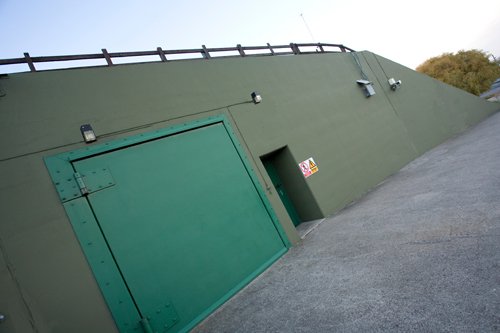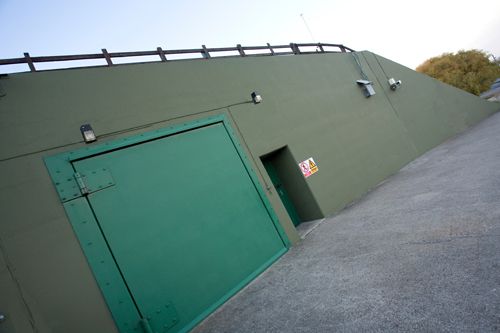Business on the cyber war frontline
Published by Gbaf News
Posted on June 27, 2012
3 min readLast updated: January 22, 2026

Published by Gbaf News
Posted on June 27, 2012
3 min readLast updated: January 22, 2026

With society now almost entirely dependent on cyber space it’s little wonder that the overall cost to the UK economy from cyber crime is £27bn a year, with £21bn of that figure borne by British businesses.

Historically, an enemy looking to destabilise the economy would target government, infrastructure and manufacturing sites with bombs. Now, the enemy might look to create similar chaos and operational paralysis by taking down a vital trading system, compromising personal records, or disrupting a high profile B2C organisation as a show of strength. In fact, Gartner predicts that by 2015 at least one G20 nation’s critical infrastructure will be disrupted and damaged by online sabotage.
If significant targets such as banks and other financial institutions are attacked or dissuaded from operating within, for instance, the City of London, the impact on the UKwill be significant – lost revenue for the banking industry, lost tax income for the Government, and lost confidence leading to lower future investment and the resulting impact on jobs and the population’s general outlook.
With companies increasingly targeted for disruption rather than information theft, business is already on the frontline of today’s cyber war. Companies need to change their security culture to deal with this new threat, because it’s no longer just about safeguarding their own data assets – it’s also about protecting the national and economic interest.
With the stakes raised, companies must address online security in three specific areas: physical – the measures to prevent attackers from accessing the facility where data is stored; digital – the software safeguards in place to protect applications and data; and human – the people with access to the systems and hardware. Only with all three bases covered can a company claim to be truly secure and to be ‘doing its bit’ for the cyber war effort.
Of course, most companies can’t be expected to build military-style security defences around their IT systems, and neither should they have to go it alone in the face of the growing online threat – third party providers exist who can deliver the level of protection they need comprehensively and much more cost-effectively.
Technology has revolutionised the UK economy, opening up whole new industries that wouldn’t otherwise exist, irrevocably altering existing business processes, and creating a whole new set of security risks. Yet our reliance on round-the-clock access to information makes cyber attacks the perfect weapon for those who wish to do us harm.Companies need to ask themselves: what price is peace of mind during wartime?
Phil Bindley is CTO at The Bunker, provider of ultra secure managed hosting, collocation and IT outsourcing. www.thebunker.net
Explore more articles in the Business category











